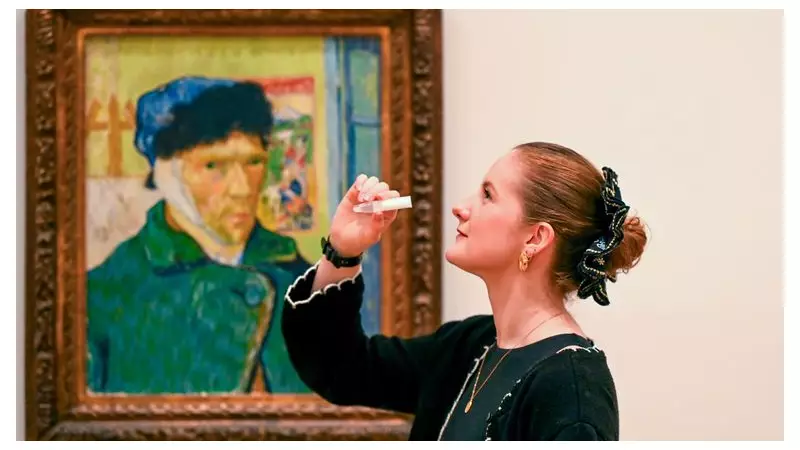
Forget pounding the treadmill or lifting weights - the secret to better health might be hanging in an art gallery or displayed in a museum. Groundbreaking research suggests that cultural engagement could be just as beneficial for your wellbeing as hitting the gym.
The Cultural Prescription
A comprehensive analysis of over 2,000 individuals has revealed a startling connection between regular cultural participation and improved physical and mental health outcomes. Those who frequently engage with museums, galleries, theatres and historical sites report better overall health, reduced anxiety and depression, and higher levels of life satisfaction.
More Than Just Entertainment
This isn't merely about having a pleasant afternoon out. The study demonstrates measurable benefits that challenge conventional approaches to health and fitness. Participants who regularly attended cultural venues showed:
- Significantly lower stress levels
- Improved cognitive function
- Stronger social connections
- Enhanced emotional resilience
Why Culture Works Wonders
Experts suggest several reasons why cultural activities pack such a powerful health punch. The combination of mental stimulation, social interaction, and emotional engagement creates a unique cocktail of benefits that traditional exercise alone might not provide.
Dr. Daisy Fancourt, lead researcher from University College London, explains: "Cultural engagement seems to activate multiple pathways to wellbeing simultaneously. It's not just physical or just mental - it's a holistic approach that addresses several aspects of health at once."
Accessible to All
Perhaps most importantly, cultural activities often present lower barriers to participation than traditional exercise. For those with mobility issues, chronic pain, or who simply dislike gym environments, museums and galleries offer an inclusive alternative for maintaining health.
The research team emphasises that cultural engagement should complement rather than replace physical activity, but it opens exciting new possibilities for public health strategies and personal wellness routines.





